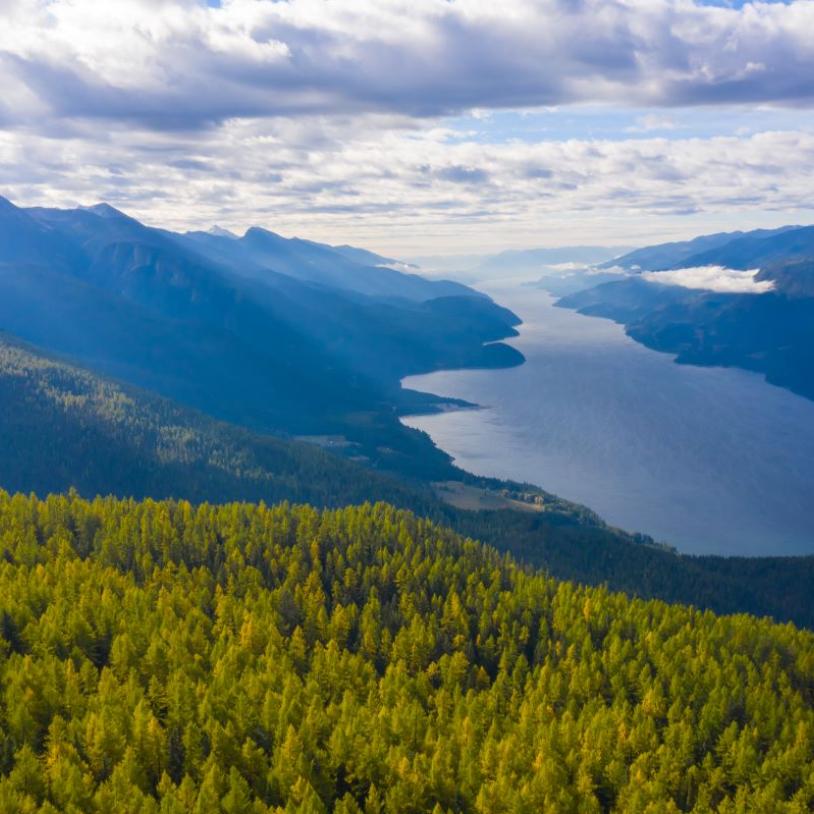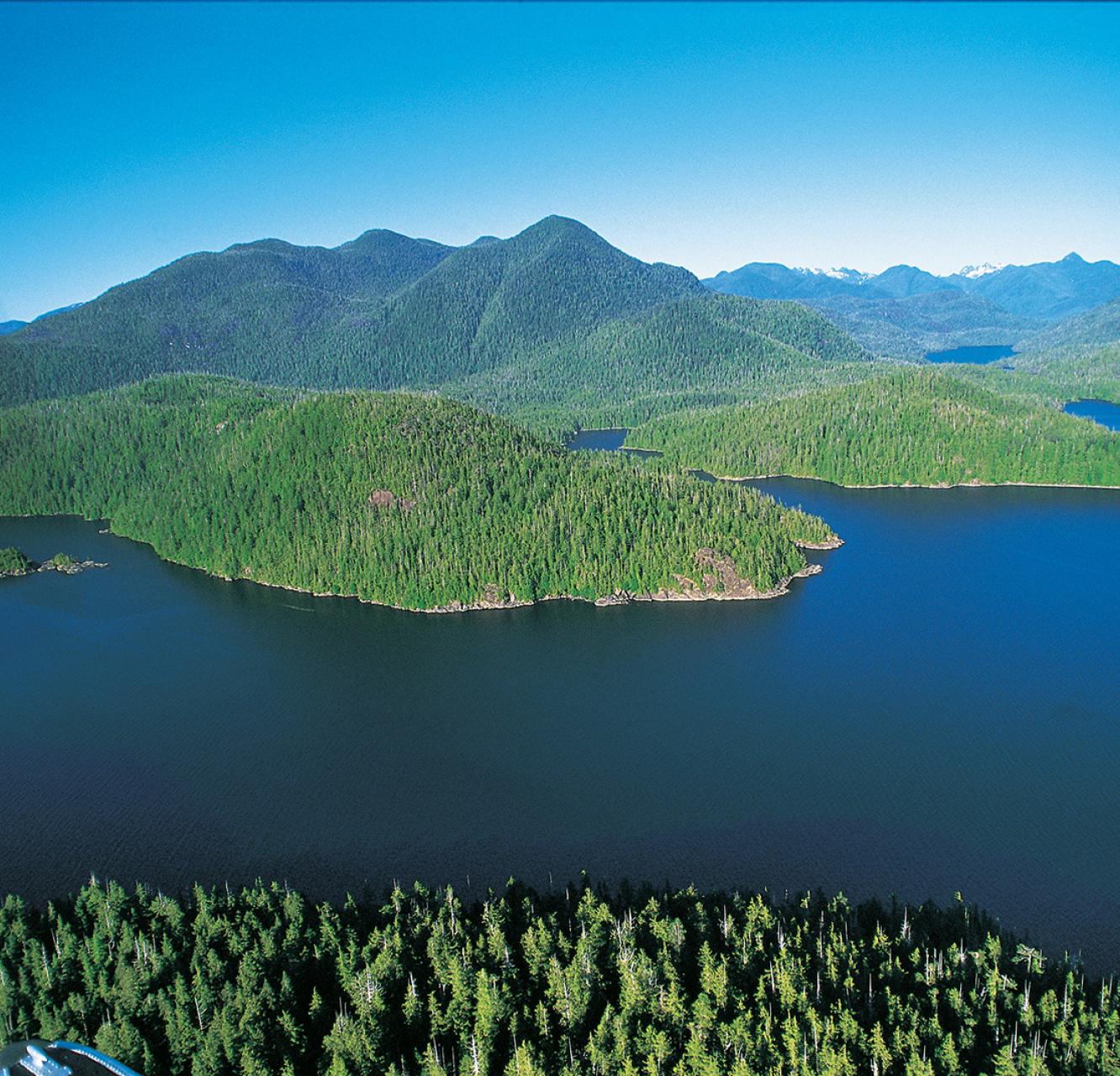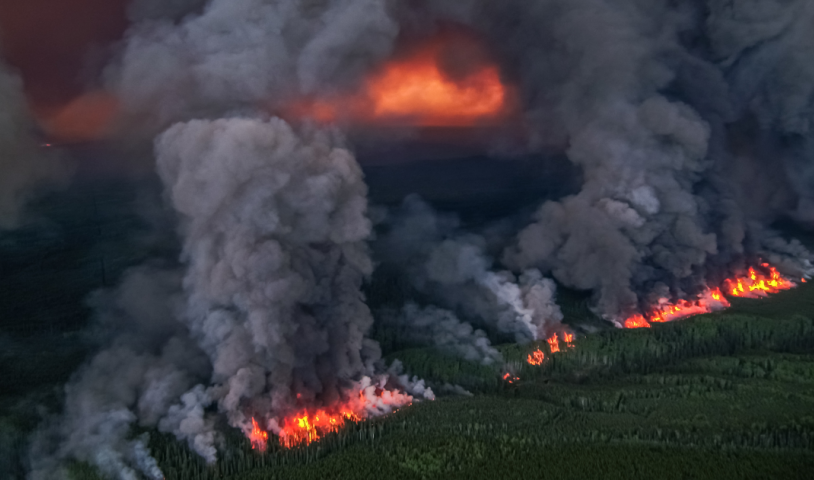NDP pressured by Seattle mayor to stop logging near B.C.‑Washington state border
Friday, August 17, 2018
Photo: In July, the Wilderness Committee explored an area near E.C. Manning Park and Skagit Valley Provincial Park that is being logged under a B.C. Timber Sales licence, despite protests from environmentalists and a commission tasked with protecting the area. (Wilderness Committee)
Mayor Jenny Durkan says logging near E.C. Manning Provincial Park will impact ecology of area
Seattle Mayor Jenny Durkan has written to B.C. Premier John Horgan asking that logging be stopped near the headwaters of the Skagit River, which is supposed to be protected by a more than 30-year-old agreement.
"The proposed logging in the Silverdaisy area is inconsistent with the spirit and intent of the 1984 [United States-Canada High Ross Treaty]," she wrote.
The area where logging is occurring is known as the "donut hole," and is close to the western border of E.C. Manning Provincial Park and eastern border of Skagit Valley Provincial Park.
It was set aside, without protections, more than 30 years ago due to mining claims.
A statement from B.C.'s Ministry of Forests says B.C. Timber Sales [BCTS] — the government agency which awards logging licences for Crown land — approved 39,000 cubic metres of timber to be cut in an area of 67.2 hectares or 0.672 square kilometres in 2015.
Durkan wrote to Horgan in early August saying the logging goes against the Skagit Environmental Endowment Commission [SEEC] struck between British Columbia and the City of Seattle in 1984.
Sixteen commissioners, appointed by both countries, manage a $500,000 US budget to conserve and protect wilderness and wildlife habitat and enhance recreational opportunities in the Skagit Valley among other things.
'Jeopardizes Salish Sea'
Durkan says the BCTS needs to consult with the City of Seattle and the SEEC, "before authorizing any activity that would impact the ecological integrity and recreational resource value of the Silverdaisy area."
She said in her letter the area provides more than 30 per cent of the freshwater flowing into Puget Sound.
Her letter also says the watershed is home to large and diverse fish and wildlife populations such as bull trout, steelhead and chinook salmon.
"Failure to protect the ecologically and economically valuable fish populations and clean water quality of the Skagit River risks many millions of dollars in ongoing investment in salmon recovery," she wrote.
"And jeopardizes the biodiversity of the Salish Sea on both sides of our shared border."
She also says logging in the area will impact its use as a recreational site.
'B.C. values relationship'
The Ministry of Forests says the timber licence was awarded under the previous B.C. Liberal government and it cannot stop logging once a licence has been issued, but that "B.C. values its relationship with Seattle and Washington State."
The statement says the area being logged does not contain fish-bearing streams and that roads and ditches have been constructed to minimize the impacts of the logging.
Cutting on the licence is expected to finish in the fall and future logging plans are on hold pending consultations with the Skagit Environmental Endowment Commission.
The Wilderness Committee has also been critical of the logging, saying it's being done with, "no care for wilderness of wildlife."
The committee wants efforts to buy out the mining tenures in the "donut hole" sped up, so that the area can be protected from logging.
Meanwhile, Durkan asks in her letter that a call be set up between her and Horgan to discuss the issue.





